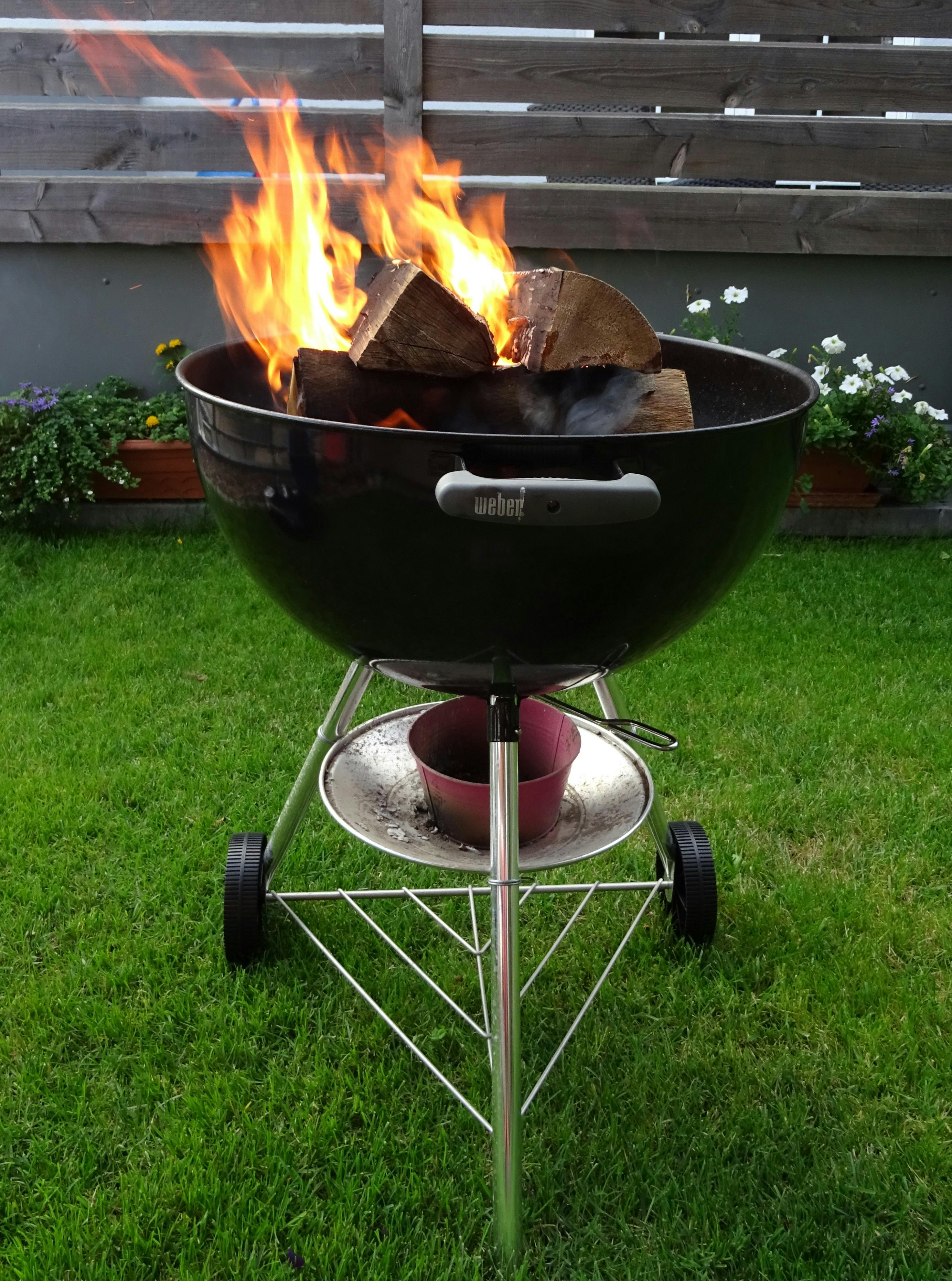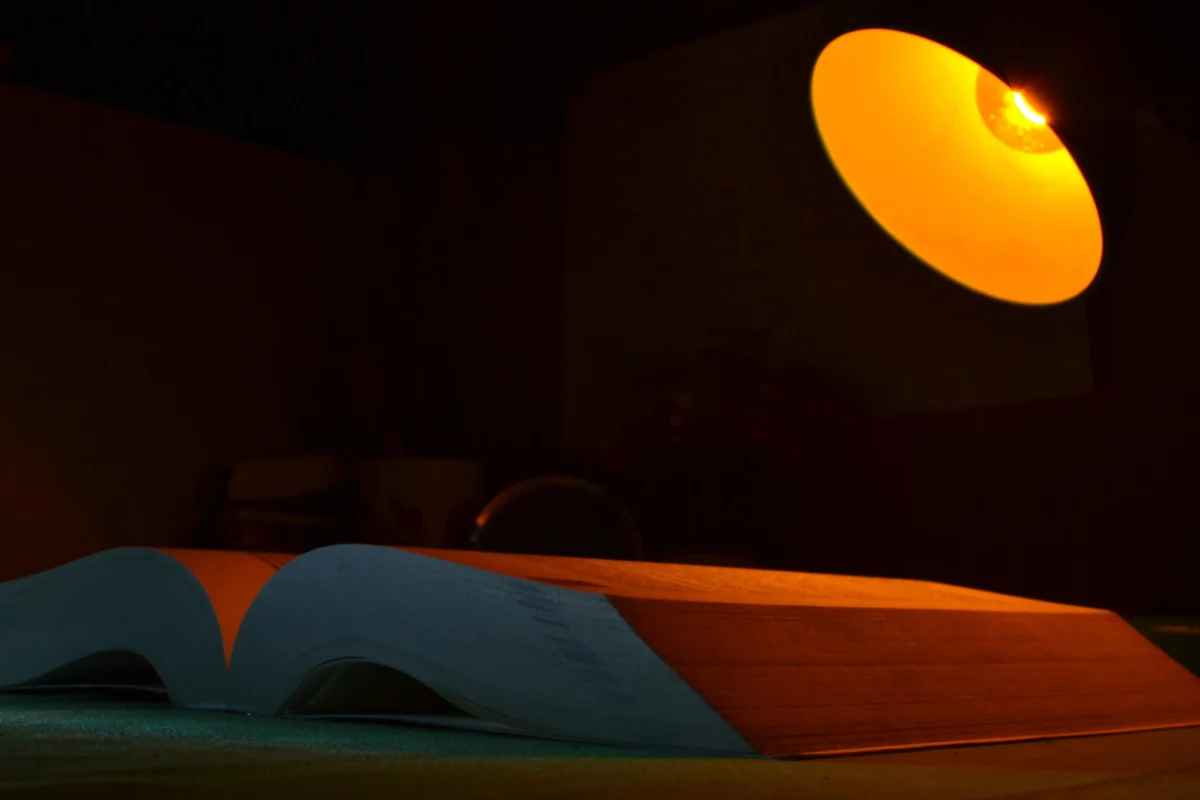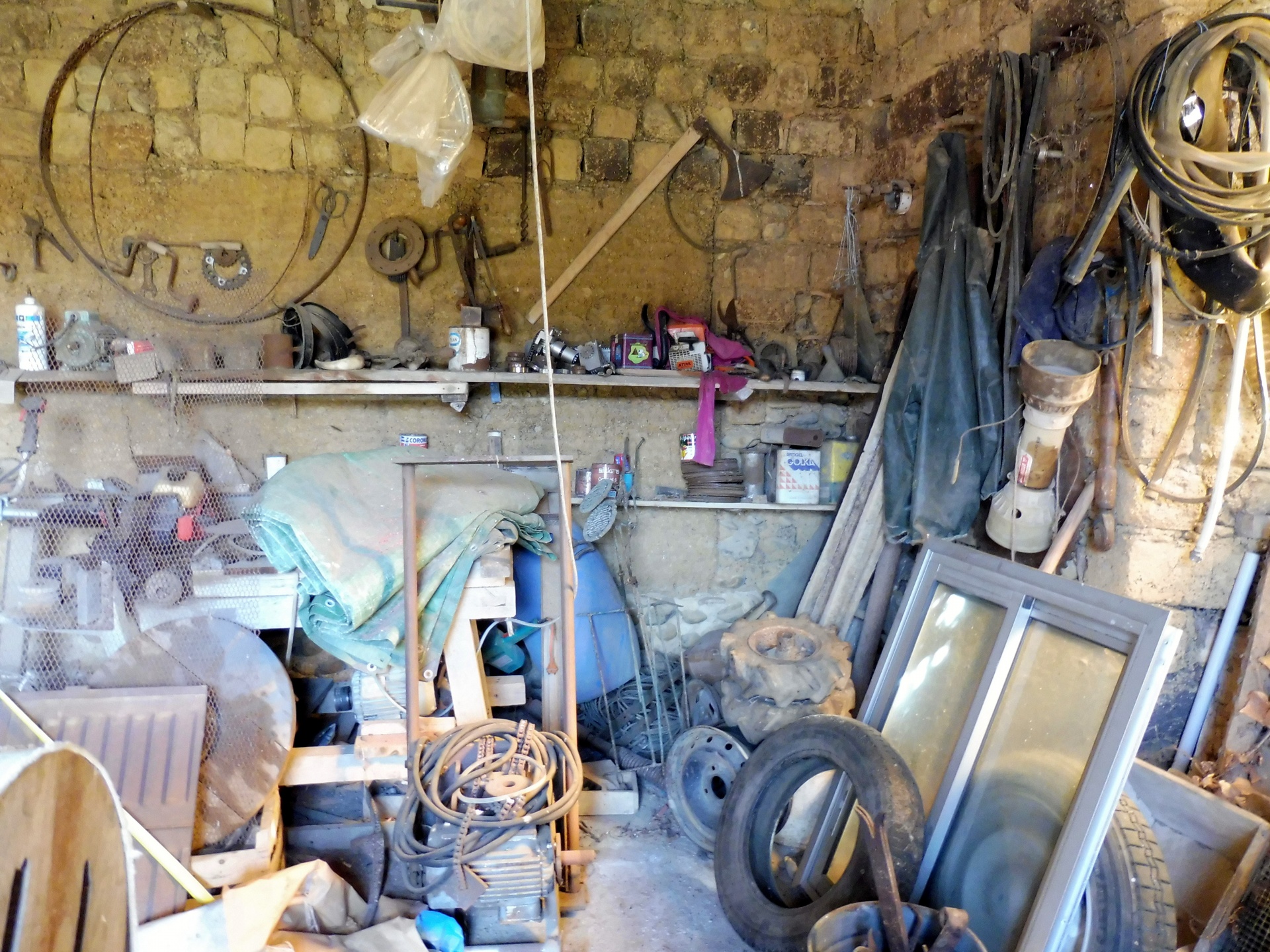Nothing spoils a backyard barbecue faster than discovering your gas grill is covered in rust. You’ve invested in a quality grill to enjoy delicious meals with friends and family, so it’s only natural you’d want to keep it in top shape. Rust not only makes your grill look unappealing but can also affect its performance and lifespan.
Luckily, preventing rust is easier than you might think. With a few simple tips and regular maintenance, you can keep your gas grill looking brand new and ready for any cookout. Let’s dive into some straightforward ways to stop rust in its tracks and ensure your grill stays in perfect condition.
Understanding Rust: What Causes Gas Grills to Rust?
Steel components in gas grills are prone to rust. Exposure to oxygen and moisture forms iron oxide, weakening the material. Humid environments speed up this process. Salt in the air, especially near coastal areas, also accelerates rust formation. Residue from cooking can trap moisture, further promoting rust.

You might notice rust first on the grill grates. These areas come into direct contact with food and high heat. Burners and interior parts can rust too, affecting performance. Exterior surfaces like the lid or frame can rust if protective coatings wear off.
Using a grill cover helps, but doesn’t eliminate rust risk. Rain, snow, and humidity still reach parts of the grill. Even with covers, internal parts remain vulnerable. Cleaning your grill regularly removes buildup that traps moisture. This maintenance extends the lifespan of your grill.
Understanding these causes helps you take proactive steps. Opt for stainless steel models for added rust resistance. Avoid lower-quality materials that rust quickly. Regular maintenance and protective measures go a long way in keeping your grill rust-free.
Tips to Prevent Rust on Gas Grills
Choose the Right Materials
Select grills made from stainless steel. This material resists rust better than regular steel. Look for models with high-quality finishes and coatings. These features extend the life of the grill.
Use Grill Covers Regularly
Always cover your grill after it cools down. Grill covers protect against moisture and debris. Choose a cover that fits snugly and is weather-resistant.
Regular Cleaning and Maintenance
Clean your grill after every use. Remove grease and food particles to prevent rust formation. Inspect and clean burners and grates monthly. Check for rust spots and treat them promptly with a wire brush or a specialized rust remover. Use a protective spray to coat the grill surfaces after cleaning.
DIY Solutions for Rust Prevention
Keeping your gas grill rust-free increases its lifespan and performance. Using DIY methods can simplify the process.
Oiling the Grill
Apply a thin layer of oil after each use. Use vegetable oil or canola oil for best results. This creates a protective barrier against moisture. Choose oils with a high smoke point to prevent residue buildup. Brush the grates and internal parts lightly for even coverage.
Applying Protective Coatings
Use a high-heat spray paint designed for grills. This adds an extra layer of protection. Spray a thin coat to avoid drips and uneven surfaces. Let it dry completely before using the grill again. Apply anti-rust sprays or grease to metal parts frequently. These products are available at hardware stores. Make sure to clean the grill before applying any coatings.
When to Consult a Professional for Grill Maintenance
Grills need regular care for optimal performance. Knowing when to consult a professional can save time and money.
Extensive Rust Damage
Significant rust damage calls for professional help. Surface rust is manageable, but deep rust weakens the structure. Professionals have tools and expertise to assess and repair extensive damage.
Gas Leaks
« Transform Your Bathroom on a Budget: Sage Green IKEA METOD Cabinet Hack Revealed
Why Does My Paint Color Look Different on the Walls? Discover the Surprising Reasons »
Gas leaks present a serious hazard. If you notice a gas smell or hissing sound, turn off the gas supply immediately. Do not use the grill until a certified technician inspects it. They can identify and fix leaks safely.
Ignition Problems
Persistent ignition problems may require professional intervention. If your grill struggles to light or maintain a flame, it might indicate an issue with the ignition system. A technician can diagnose and repair faulty igniters, connections, or switches.
Corroded Burners
Burners corrode over time, affecting performance. If cleaning doesn’t restore functionality, it might be time for replacements. Professionals can assess the condition and replace burners properly to ensure even heat distribution.
Unusual Noises
Unusual noises, like popping or banging, often signal deeper issues. These sounds can indicate blockages or airflow problems. A professional technician can pinpoint the cause and restore normal operation.
Consistent Poor Performance
If your grill doesn’t cook evenly or takes longer to heat up, it’s time for a check-up. These issues might stem from clogged burners or regulator problems. Consult a professional to maintain optimal performance.
Conclusion
Taking care of your gas grill doesn’t have to be a chore. With a few simple steps like using a grill cover, regular cleaning, and applying protective coatings, you can keep rust at bay. Don’t forget the DIY tricks like oiling your grill for extra protection.
And remember, sometimes calling in a professional is the best way to handle more serious issues. Your grill will thank you for the extra attention, and you’ll enjoy many more delicious meals without the worry of rust or other problems. Happy grilling!









